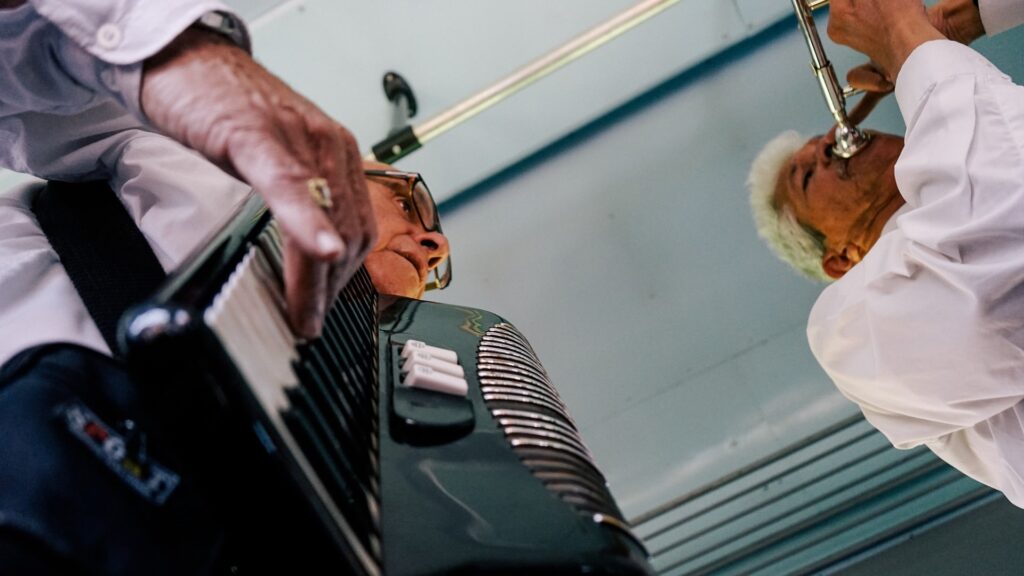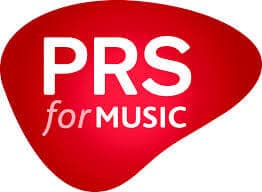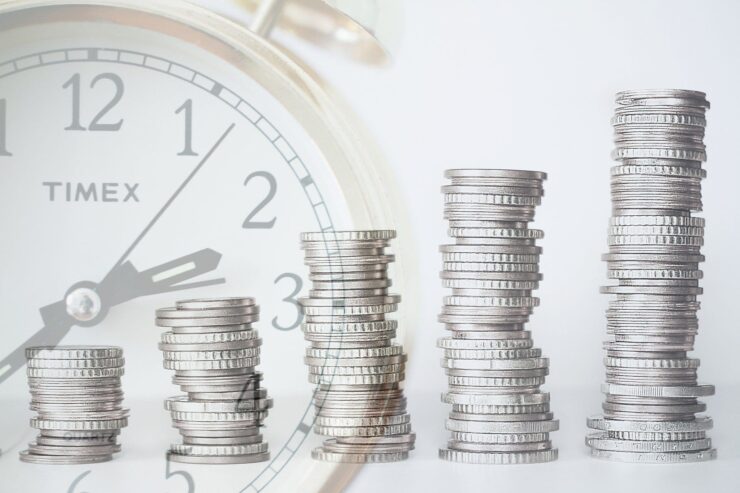For musicians, pensions are a largely grey area. For those only just beginning to find a foothold in the music industry, putting money aside for retirement is an unlikely prospect.
Tough pension decisions are a dilemma faced by every professional and the government scheme of auto-enrolment does not wholly apply to those who declare themselves self employed. This results in the majority of musicians being stuck in the same position they have been for decades.
Across the United Kingdom the financial situation of the average musician is usually a very tenuous condition.
You are often asked to spend hours entertaining the public, performing administration and promotion, sometimes every night of the week. That said, you still may not be earning a living wage you would describe as “comfortable”.
A report by The Musicians’ Union entitled “The Working Musician” shows that (even after years of training) over 50% of British musicians still earn under £20,000 per year, thereby leaving little room for pension schemes after bills and day to day living costs. Because of this, musicians are often to be found performing past the age of retirement.

According to the MU report, over 60% of musicians have no independent pension provision. Pension conditions for musicians are usually poor in comparison to other professionals. As such, we’ve put together a list of options that professional music makers might want to explore…
State pension
Under the current UK system, the full new State Pension is £230.25 per week (2025–26). The amount you receive depends on your National Insurance record rather than whether you are employed or self-employed. You usually need at least 10 qualifying years of National Insurance contributions to receive any State Pension, and around 35 qualifying years to receive the full amount. Your State Pension can only be claimed once you reach State Pension age.
The State Pension age is currently 66. It is legislated to rise to 67 between 2026 and 2028. A further increase to 68 is planned for a later date, but this is subject to future government reviews and could change. This means most younger musicians should expect to reach State Pension age later than 66.
This is generally still the best way to prepare for retirement, and making sure you keep up with your National Insurance payments is the easiest way to prepare for retirement. For more information, you can visit the LMM blog on Tax for musicians as well as the GOV.uk page on the state pension.

Private pension schemes
There are a variety of private pension schemes that are available for professionals to pay into. Some general information on private pension schemes is available on the GOV.uk website, but you can also use sites like Money.co.uk to compare private pension schemes from companies like Aviva, LV and Legal & General.
Buying property
Whilst the property market can be unpredictable and expensive to get into, if a deposit can be put down and costs of upkeep and mortgage can be afforded, buying a house can potentially be an effective long-term source of financial stability. There are two ways of approaching this (perhaps simultaneously);
- Purchasing your own property in order to bring down the cost of living in later life.
If you can afford to put down a deposit, getting yourself into paying a mortgage rather than renting brings down the timeframe in which it will eventually be paid off. This means, come retirement, your cost of living will be significantly reduced if you have managed to pay off your mortgage.
- Buy to let.
If you find yourself in a better financial position, you can always considering purchasing a property to rent out in order to bring in more income. Property is, generally speaking, a reasonably solid investment with a steady return.

Intellectual property
Often seen as the perfect creative investment, receiving money from song writing, performance and other such royalties can potentially make money long after musicians relinquish regular performance. Compositions for TV and film can also be lucrative. However (as many will undoubtedly know!) it is also possible to spend countless hours working and not receive a penny.

Cash investments and savers
Unfortunately, in today’s climate, savings on cash are not returning what they once were. That said, tax-free ISA’s and other cash savers can still be utilised. Your bank manager will have more advice.
Stocks & shares
Without a doubt, the riskiest option available to you. However, with the biggest risk also comes the biggest reward. Always take professional financial advice before investing in the stock market.

Vintage instruments & other collectables
The tools of your trade can become worthwhile investments! Vintage instruments (in good condition) can continue to appreciate in value the older they get.
Always study up on the instruments that are going to continue to be worth money in the future and consider when and where they are going to be used – your £2000 vintage Gibson guitar may not be the best choice for a local pub gig on a Saturday night! You local Luthier or instrument specialist will also be able to give you good advice. For more tips, check out this LMM article on buying instruments.
Owning a business
If you find yourself enjoying the organisational or administrative elements of organising shows, there are many opportunities to start your own business – from being your own entertainment agent, to music industry consulting. Building up a successful business can also prove to be an asset with value later on in life.
What do you think the best option is for self-employed musicians? You may also enjoy reading our article on sickness and retirement as a musician. To open the debate I have selected a few options but please feel free to let us know your ideas in the comments section…
Share this:



















